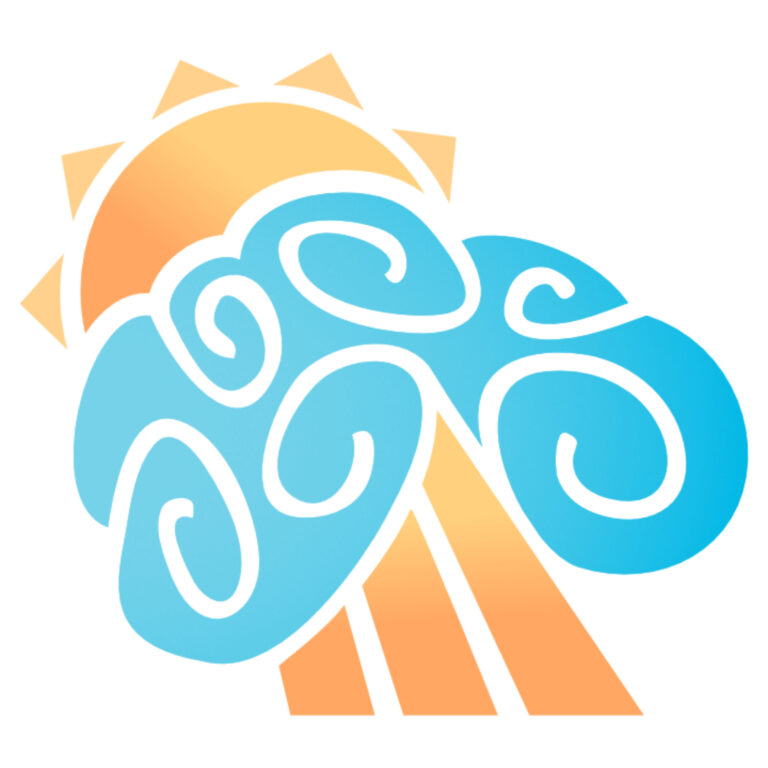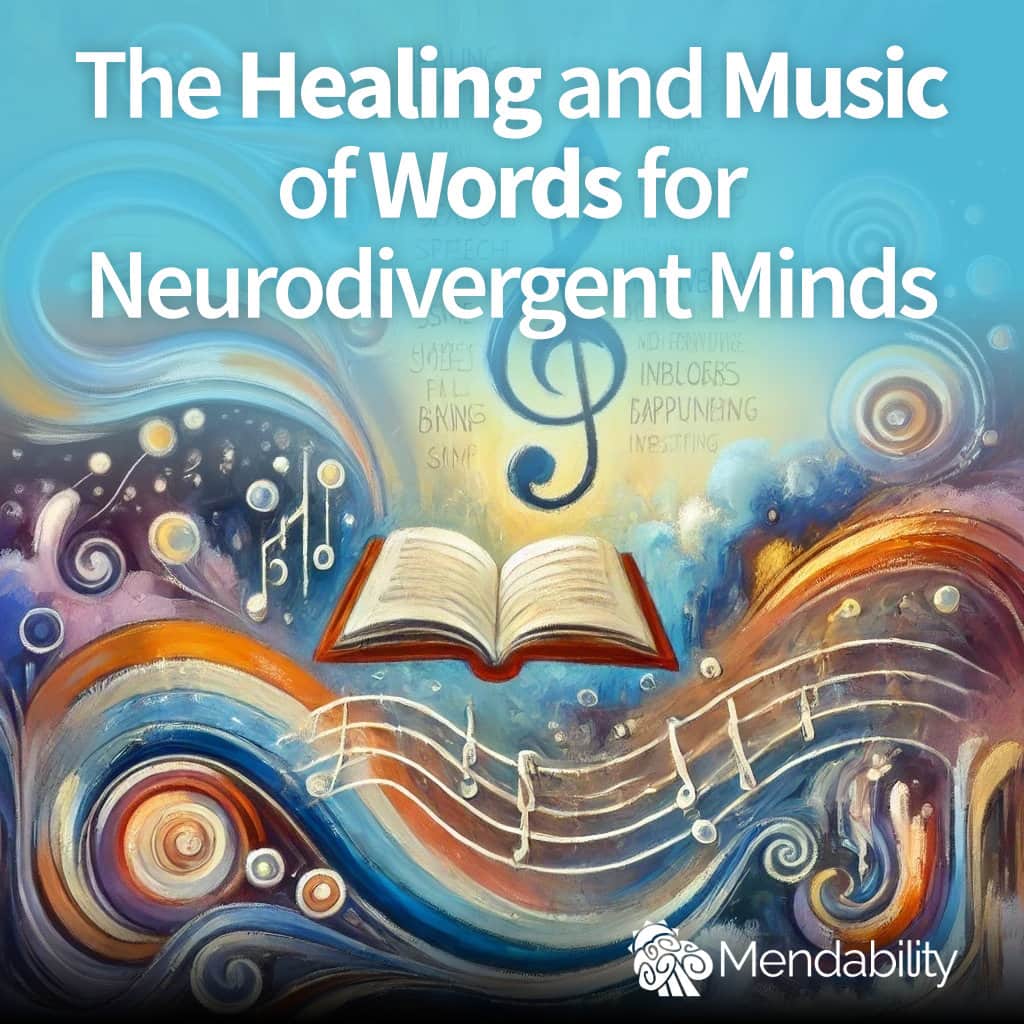Have you ever felt that the right words at the right time can change everything?
Words can be powerful, especially for those navigating life with neurological conditions like Tourette’s or ADHD.
In our recent podcast episode, we sat down with Kristof Morrow, a US Navy veteran and accomplished writer who shares how words have been a lifeline for him—and how they can be for others as well.

Welcome to ‘The Happy Sensory Corner’ – the podcast where we explore the world of sensory enrichment and environmental enrichment to treat neurological conditions.
Through insightful discussions, interviews with experienced experts in a variety of fields, from nutrition to psychology, and inspiring stories of resilience, we uncover the secrets to success in raising a child with complex needs. Discover practical strategies, sensory enrichment protocols, and evidence-based practices that can transform lives one episode at a time.
Our guest, John Fela, shares his personal journey of raising a nonverbal son with autism and finding his role as a caregiving father—after years of not knowing where he fit in.
We cover:
• How dads process disability differently than moms
• What dads actually need but rarely ask for
• What saved John’s marriage… until it didn’t – and how he rebuilt again
• The emotional cost of “not being the breadwinner” in a special needs family
• The power of a single dad friendship – and why it matters more than you think
Episode Highlights
2:14 – “There’s this huge gap in the support space for dads.”
6:45 – John opens up about growing up with an emotionally absent father and how it shaped his commitment to being present
12:13 – “I had no community. I had to get community.” – John’s “Tale of Two Parking Lots” shows how connection saved him after deep isolation
19:59 – The divorce he didn’t see coming and how support networks made all the difference
32:20 – “If it’s not on the calendar, it doesn’t happen.” – How penciling in self-care and couple time helped protect his marriage
34:37 – “Moms become best friends over wine. Dads need a reason to show up.” – What it takes to build authentic dad groups
48:04 – John shares how local legend Wayne Messmer sang at his wedding and why that gesture still chokes him up
50:00 – The celebrities who quietly support the disability world—and the surprising network John is part of

The Importance of Patience and Belief
Living with or caring for someone with Tourette’s or similar conditions can be challenging.
Kristof emphasizes the critical role of patience and believing in your loved one’s experience.
He shares,
“Patience—both in oneself and from others—is the foundation of any meaningful relationship when navigating these challenges.”
Research shows that patience is crucial in caregiving for individuals with neurological conditions, as it helps build trust and emotional stability.
Imagine feeling misunderstood or dismissed because your struggles aren’t immediately visible or easily explained.
For people with Tourette’s, being believed is essential.
It’s not just about support; it’s about validation.
Kristof reminds us that what we often take for granted—a few minutes of listening, a moment of empathy—can be life-changing for those who need it most.
When Words Are a Bridge
Kristof introduces the idea of using cards that explain neurological conditions like Tourette’s.
“These simple tools can be incredibly effective in helping others understand behaviors that might seem out of place,”
Kristof explains.
Think about how often we rely on non-verbal cues to explain or justify our actions.
Now imagine not having that luxury, where a sudden movement or sound is met with judgment instead of understanding.
These cards serve as a bridge, connecting the neurodivergent individual’s world with the neurotypical one.
It’s a small step, but one that can lead to greater acceptance and fewer misunderstandings.
Channeling ADHD into Creative Outlets
ADHD is often viewed as a hindrance, but Kristof turns that notion on its head.
He shares,
“I channel my ADHD into productive and creative outlets, transforming what could be seen as a weakness into a powerful strength.”
Whether it’s writing, photography, or journalism, Kristof’s work is a testament to the idea that neurodivergent individuals can not only thrive but excel in their chosen fields.
It’s about finding the right channel for that energy, where the very thing that makes one different becomes the source of their success.
The Power of Storytelling
Kristof’s love for writing and storytelling wasn’t just a hobby—it was a discovery that changed his life.
Reflecting on how he found his voice through writing, Kristof says,
“Creative writing isn’t just about putting words on paper; it’s about expressing thoughts and emotions that might otherwise remain trapped inside.”
For Kristof, storytelling is a tool for connection, not just with others but with oneself.
Reading as a Gateway to Understanding
Claudie Pomares, another guest on the podcast, highlights the importance of reading beautiful, age-appropriate texts to neurodivergent children.
In our fast-paced, screen-filled world, it’s easy to overlook the simple act of reading.
But for children who process the world differently, reading can be a gateway to understanding and emotional growth.
Claudie shares,
“When you read to children, especially neurodivergent ones, you’re not just improving their literacy; you’re nurturing their emotional well-being and sense of belonging.”
This practice goes beyond literacy—it’s about helping children feel more connected and understood.
Words that Heal and Connect
One of the most poignant moments in the episode is when Kristof reads a passage from his book at 32:07.
The passage illustrates the power of acceptance and belonging—two things that can be elusive for neurodivergent individuals.
Kristof’s words remind us that acceptance isn’t just a gift we give to others; it’s something we all crave.
For those living with neurological conditions, feeling accepted can be the difference between isolation and connection, between despair and hope.
Kristof’s words resonate deeply:
“Acceptance and belonging are what we all strive for; words are the bridge that can take us there.”
Words as a Lifeline
Kristof’s journey is a powerful reminder that words are more than just tools for communication—they’re lifelines.
Whether it’s through a well-timed card, a patient conversation, or the pages of a book, words can heal, connect, and transform.
If you or someone you know is navigating life with a neurological condition, remember that the right words can make all the difference.

